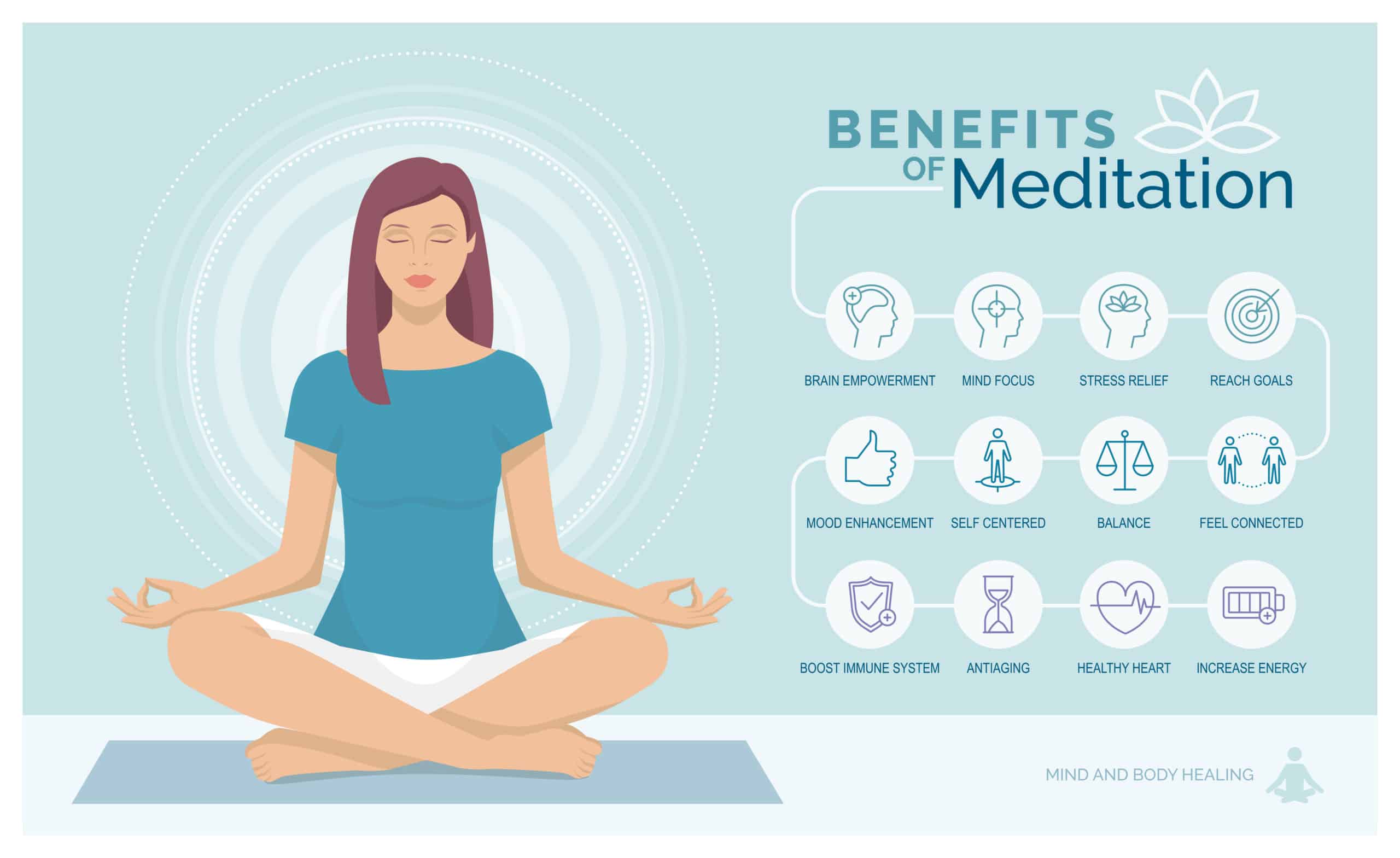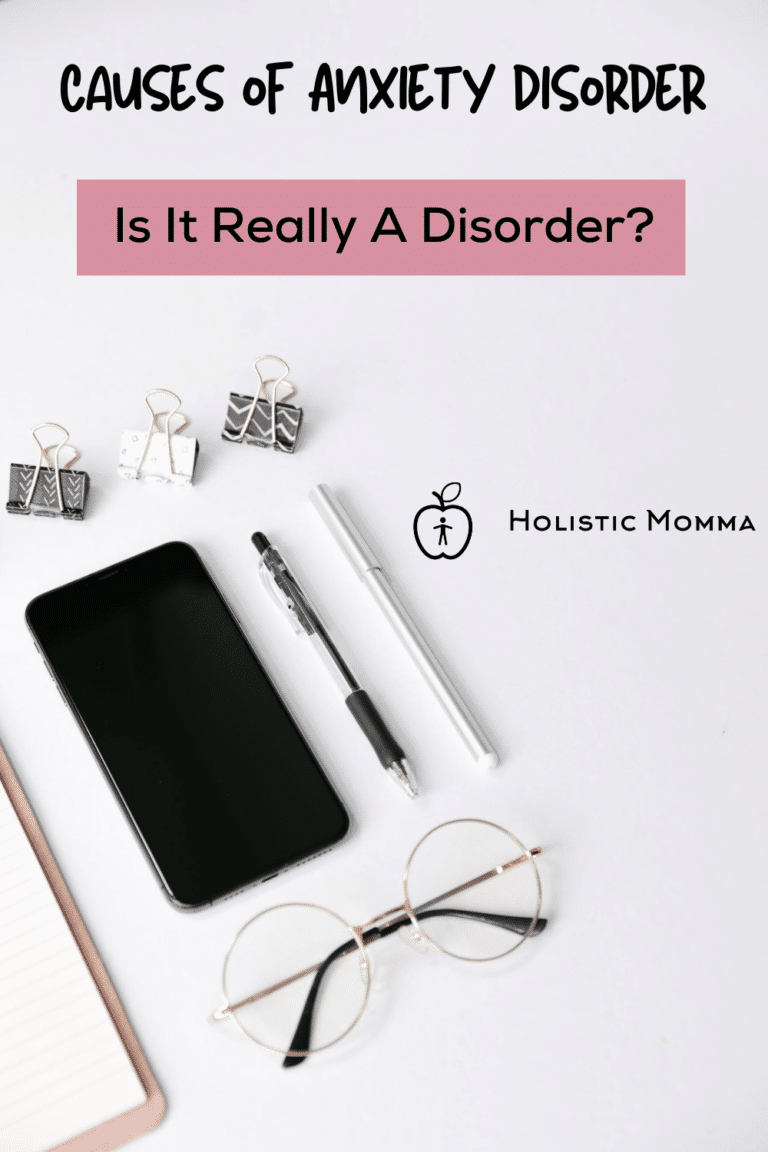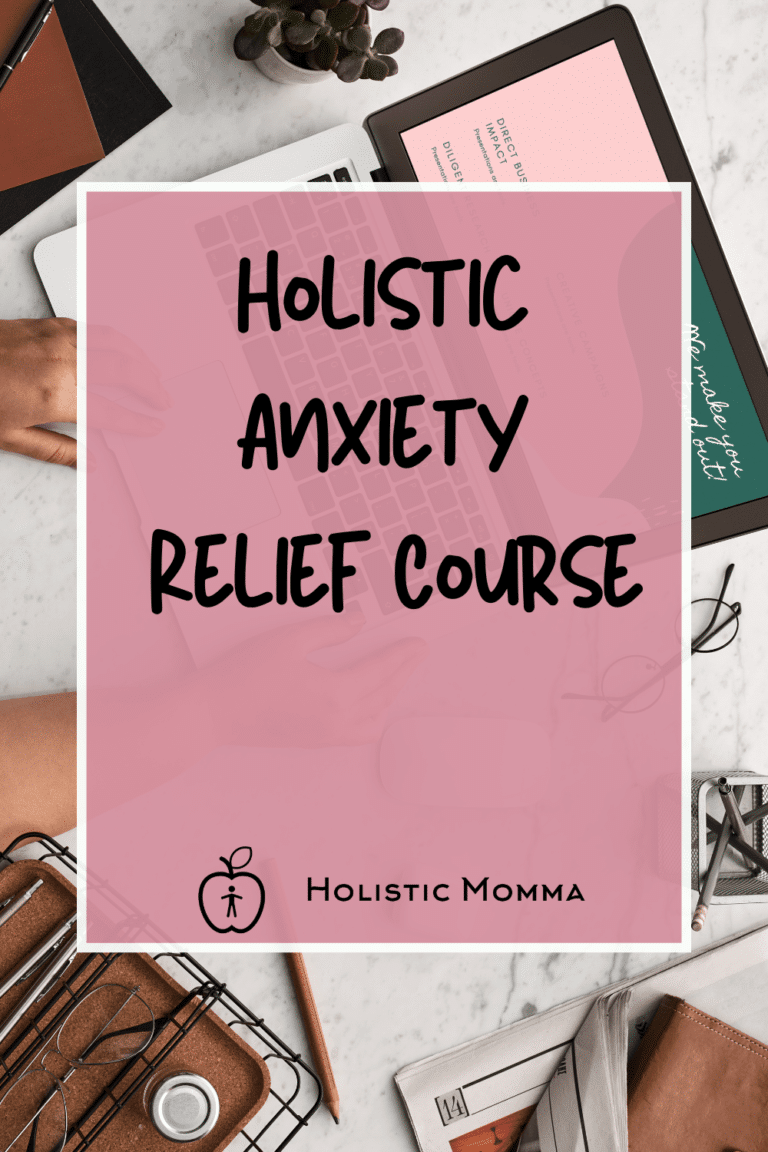20 Holistic Mental Health Treatment Hacks: A Cheat Sheet for Anxiety & Depression Sufferers
Holistic mental health treatment is an approach to healthcare that covers your physical, psychological, emotional, and spiritual well-being. It recognizes that all these aspects are interconnected and affect one another.
This treatment focuses on your life rather than on symptoms or a diagnosis. It also emphasizes holistic methods, including nutrition, exercise, mindfulness, spirituality, and alternative therapies like yoga.
Here are 15 holistic mental health treatment hacks to help you manage anxiety and depression.
Table of Contents
Holistic Mental Health Treatments
Holistic means treating clients as a whole, and when I treat their mental health, we also look at their lifestyle and physical health. Vitamin deficiencies, poor sleep hygiene, trauma, habits, boundaries, etc., impact their body holistically. These holistic mental health treatments address the areas we need to create balance in our lives for healthy mental well-being.
1. Exercise Regularly
Physical activity can help boost your mood, reduce stress, and improve overall physical health. Aim to get at least 30 minutes of exercise daily and choose activities you enjoy. Some exercise routines you can try include walking, running, swimming, biking, and yoga.
Remember, some workout is always better than no workout. So, start small and scale up as you become more comfortable with each activity.
2. Practice Mindful Meditation
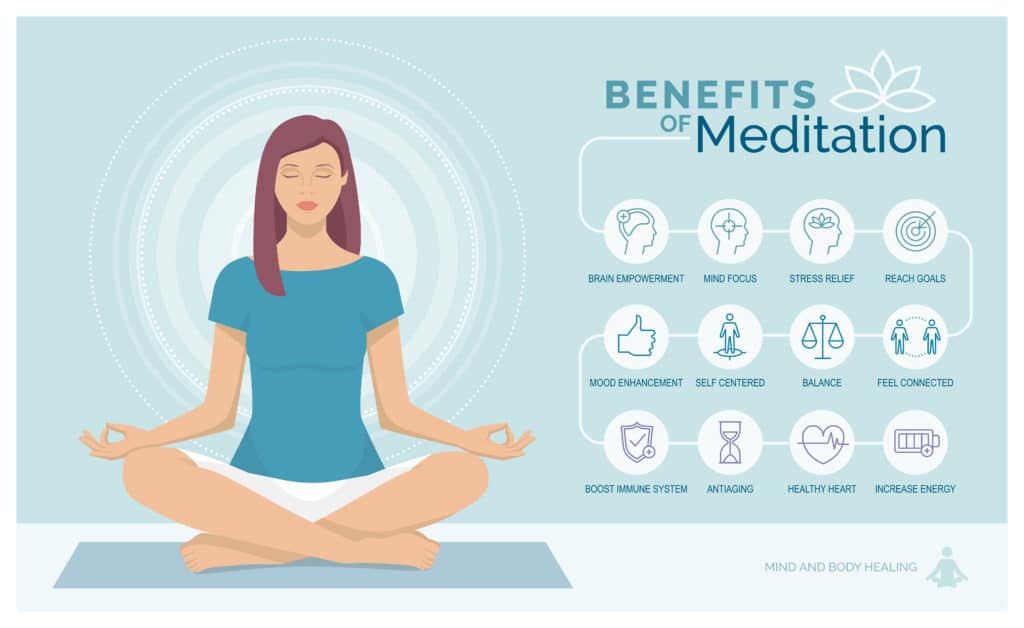
Mindful meditation helps you gain control over your thoughts and feelings while helping you stay present at the moment. Regular practice can boost your mood and reduce stress-related symptoms like anxiety and depression.
Start by finding a comfortable position and closing your eyes. Focus on your breathing and observe the sensations in your body with an open and non-judgmental attitude.
3. Work With a Therapist
Working with a mental health professional can help you address underlying issues and gain insight into your thoughts and feelings. A therapist can also provide coping strategies to help you better manage stress and anxiety.
As a student therapist with a background in natural medicine, I can help you manage your anxiety with supplements and lifestyle changes. Schedule a call for a helpful coaching session. If you want a more extensive session, get my course and heal your anxiety now.
Who is Anxiety Coaching For?
- Individuals who feel overwhelmed and all over the place
- Those who want professional help but are on a budget
- Those who need someone to vent/talk to
- Individuals looking to improve their self-esteem
- Individuals suffering from insomnia, panic attacks, racing thoughts, intrusive thoughts, and postpartum anxiety/depression.
4. Connect With Nature
Spending just a few minutes in nature can help reduce stress, improve mood, and boost overall health. It’s a great way to reconnect with yourself and the world around you.
Go outside, walk in the park, or sit near trees. The goal is to be mindful of what you see, hear, smell, and feel. Try to connect with nature in some way each day.
If you are anxious, change the temperature by going outside and getting some sunshine on your skin. This will help distract your body as well as increase your vitamin D production by getting even just 10-20 minutes of sun on your skin. Download a vitamin D tracker app to find out roughly how much time you need out in the sun to get at least 5,000-10,000 I.Us of vitamin D per day.
5. Mindful Eating
Mindful eating helps you experience and enjoy your food choices. Focus on how the food tastes and smells and the texture and flavor. Also, pay attention to cues from your body, letting you know when to stop eating. Mindful eating will improve your gratitude for food, and enjoying the experience puts you in a better state of mind.
This helps increase your gratitude and focus, gives you a positive mood, and allows everything you do in a day to be a little more exciting.
6. Practice Yoga and Breathing
Yoga and breathing exercises are great ways to relax and stay present. Regularly practicing yoga can help reduce symptoms associated with depression and anxiety. Focus on stretching, breathing exercises, and postures that help to relax the body and mind.
Avoid distractions like television and mobile phones, and practice in a quiet and calm environment.
Deep breathing activates the parasympathetic nervous system and tells the sympathetic system (fight-or-flight) to relax. When you are overstimulated, anxious, and always on edge, your sympathetic nervous system is vigilant.
Breathing exercises signal to your brain that you are safe and okay.
7. Get Enough Sleep
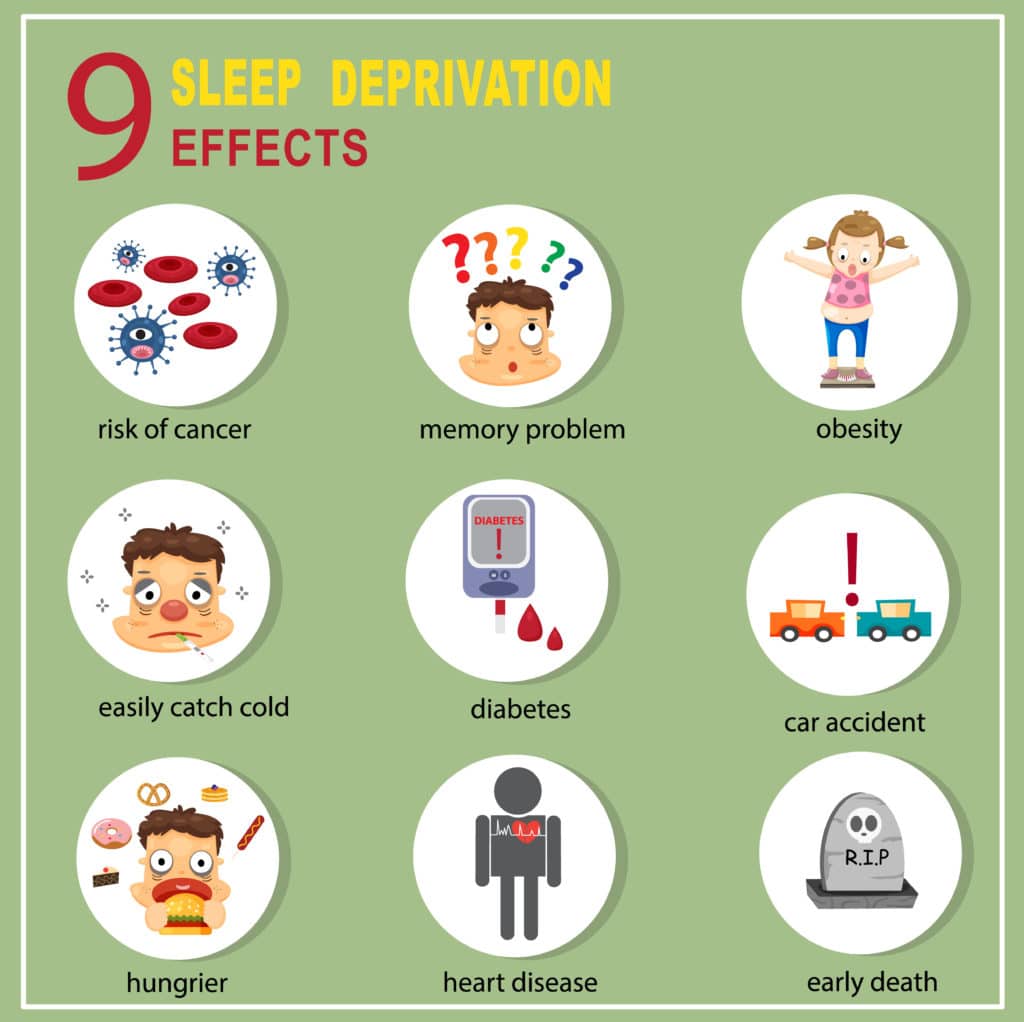
Sleep is essential for physical, mental, and emotional well-being. Aim to get at least 7 hours of sleep each night and keep a consistent sleep schedule. Research has shown a decreased risk of cancer and heart disease when you get 8+ hours of sleep compared to only 6 or fewer.
Create an ideal sleep environment by minimizing noise and light, keeping the bedroom temperature cool, avoiding late-night meals and caffeine, and avoiding screens before bedtime.
8. Practice Gratitude
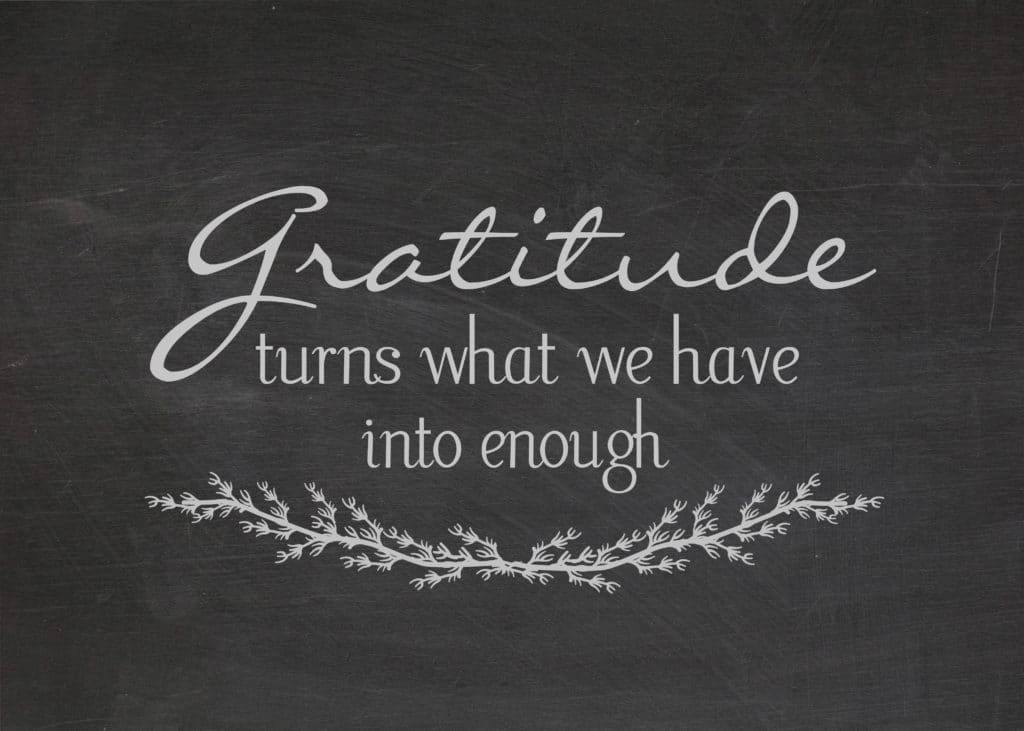
Practicing gratitude helps to shift your thinking and boost your mood. Write down or say things you are grateful for each day. It can be anything from a warm cup of coffee to an outdoor adventure or even a sunny day.
Gratitude tells your brain to focus on all the positives, and you will begin seeing more blessings in your life. We must actively pursue this because our brains can be biased to negativity to protect themselves. Telling yourself positive things, such as gratitude and affirmations, increases your dopamine production, causing you to be more motivated and find more pleasure in the little things in life.
Gratitude comes from positive psychology and causes an individual to believe they are the recipient of a positive outcome.
Write out a gratitude list to help give you a book of evidence of all the small blessings daily. Tell others what you are grateful for about them, and you will increase your mood and theirs.
Gratitude increases positive mood, improved overall well-being, and an optimistic outlook on life.
Also, appreciate the people around you and acknowledge their efforts. A simple thank you can go a long way in boosting your mood and making others feel good. If you have a bad day, try to make someone else smile, and you will feel better too.
9. Use Your Day Off Work
Spending time away from work and taking a day off can benefit your mental health. Take the time to engage in activities that make you feel relaxed and happy, like spending time with friends and family or just walking in nature.
It helps to take the time to rest, relax and enjoy life outside of work. Doing so can help reduce stress and anxiety associated with your job.
10. Listen to Music
Music is a powerful tool that can help lighten your mood. Listening to music can reduce stress, improve your outlook on life, and increase positive feelings.
Take advantage of streaming services to create a personalized playlist full of happy and uplifting songs that make you feel good. Listen to the songs and find inspiration and strength to keep going.
11. Take Up a New Hobby
Add something new and exciting to your life by taking up a new hobby. It could be something creative such as painting, drawing, or photography. Or, it could be something more active like dance classes, yoga, or martial arts.
Allow yourself the time to explore and be creative; it can help reduce stress and anxiety levels and improve your mental health.
12. Declutter Your Space
More stuff everywhere can leave you feeling overwhelmed and stressed. Clean up your environment and start organizing your space, making it clutter-free and more welcoming.
Start by throwing out unneeded items, then organize the rest.
13. Set Boundaries
Boundaries help you to protect your mental health by letting people know what you expect from them and how you want to be treated. Setting boundaries is essential for a healthy relationship with yourself and the people around you.
Always communicate what you want from a relationship, romantic or platonic, and be assertive in saying no to requests or demands that don’t work for you.
14. Do Something New Each Week
Step out of your comfort zone and try something new each week. It can be anything from applying a new recipe to taking a class or exploring an unfamiliar part of town. Whatever you choose, make sure it excites and motivates you.
Doing something new will make you feel good about yourself and the prospect of achieving something. It can also lead to new experiences and opportunities that you wouldn’t have otherwise.
15. Surround Yourself With Loved Ones
Having a solid support system is vital for mental health treatment. Find time to reach out and spend quality time with your loved ones.
Sharing your experiences, feelings, and thoughts with people who care about you is therapeutic. It will also boost your overall mental health and create a sense of belonging.
Community is important, especially if you are struggling with a breakup, losing a loved one, or any relationship struggles. Sometimes you are looking for satisfaction in many areas of your life that are just not being met because of a lack of a social environment, such as binge eating, shopping addiction, drug use, self-harm, etc.
Having family and friends who genuinely enjoy their company can greatly contribute to treating your mental health holistically.
16. Nutritional Therapies
Utilizing nutrition to decrease nutrient deficiencies, increase your body’s ability to detox, and give you strength and energy to deal with challenging things can decrease your anxiety and depression.
Supplements that help anxiety can give you a great head start while improving your diet and figuring out which whole foods help you thrive the best. Understanding what foods you have food sensitivities to can help you prevent unexpected anxiety due to gut health issues.
17. Acupuncture
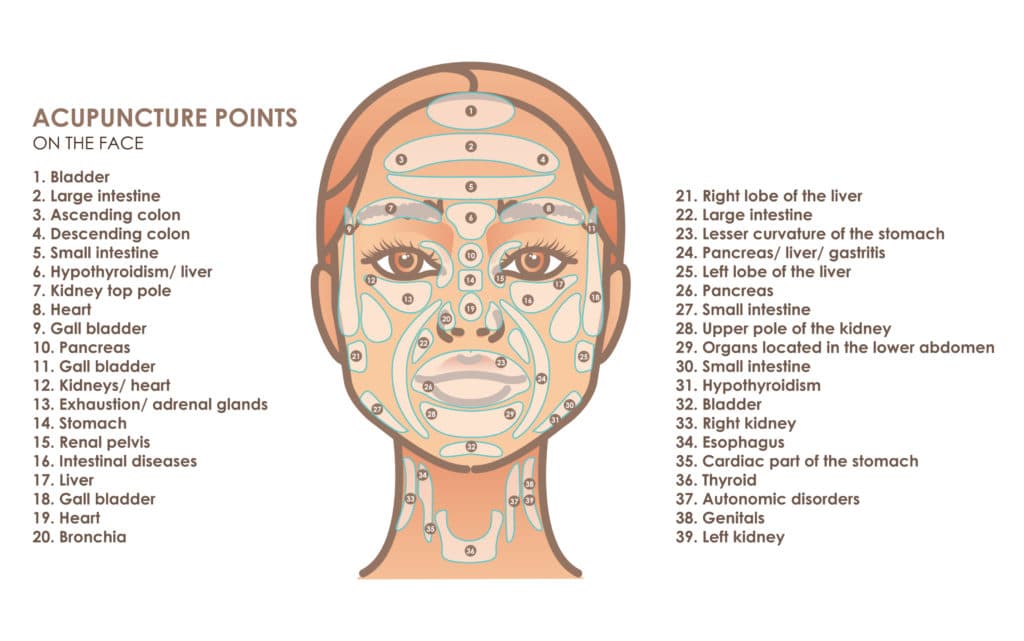
Acupuncture stimulates the HPA axis (hypothalamus-pituitary-adrenal axis) in individuals with depression who have low serotonin levels and noradrenaline.
It has been shown that acupuncture is an effective holistic mental health treatment in individuals with Generalized Anxiety Disorder and those struggling with situational anxiety, such as anticipating a doctor’s appointment, dentist appointment, roller coasters, etc.
18. TMS Therapy
TMS is transcranial magnetic stimulation is a form of stimulation done on your brain similar to that of a tens unit but with lower stimulation.
TMS is often done by psychiatrists and is used to treat PTSD, anxiety, and depression. It is a more natural method of treating anxiety & depression compared to typical antidepressants and benzodiazepines.
19. Craniosacral Therapy
Craniosacral therapy is a natural stimulation of the head in the form of more of a massage than TMS being a machine.
My experience with craniosacral therapy was that I had been sick and congested for a month and could not hear or breathe well, and the massage cleared my congestion.
Craniosacral therapy treats headaches, fatigue, immune disorders, autoimmune disorders, autism, scoliosis, and more.
20. Polyvagal Therapy
Polyvagal therapy uses the brain and body connection to help you relax your mind and body. Therapists often use it, and I teach my clients techniques in my Holistic Anxiety Coaching.
Stephen Porges created Polyvagal, used to regulate the autonomic nervous system with stretches, exercises, and visualization. This is important in treating trauma as the brain, and body connection helps create more profound healing.
Start Your Holistic Mental Health Treatment Now
A holistic approach to mental health requires self-care and commitment to lifestyle changes. You can find healing and live your best life if you prioritize yourself and commit to healthier habits.
This guide can help you, but feel free to reach out if you want personalized guidance.
Originally posted 2023-01-08 18:41:37.
Megan Santiago
Latest posts by Megan Santiago (see all)
- How to Find a Trauma Therapist in Tampa - September 30, 2024
- The Best Ashwagandha Supplement – It Works Fast - March 10, 2024
- Shocking Truths about Magnesium Glycinate Vs. Bisglycinate. Which is Better? - March 10, 2024

